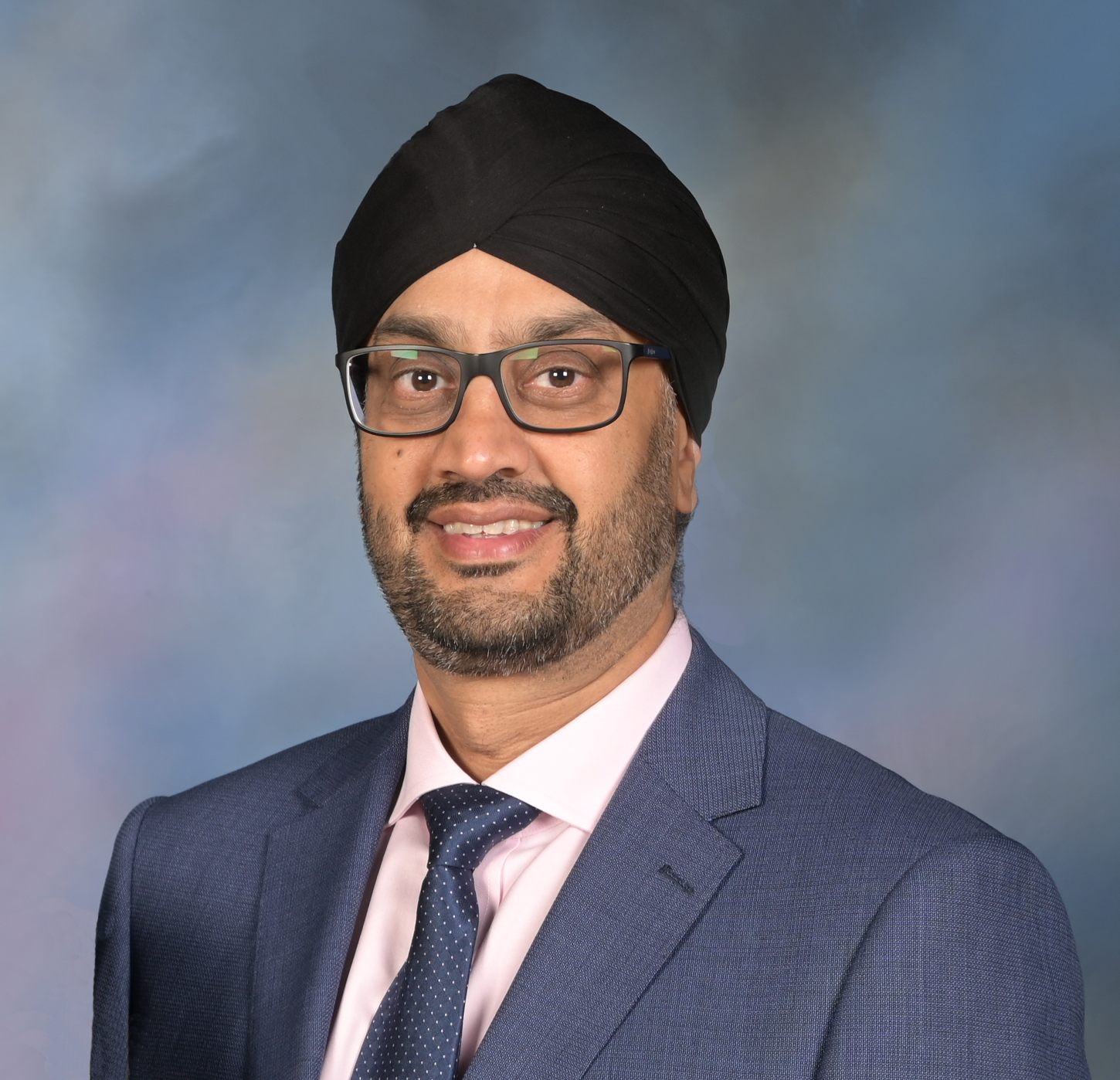Bundled Mobile Security: Is It Enough?
In many situations where BlackBerry is called in to help solve security challenges, we find organizations struggling with mobile device management solutions that came “bundled” with a larger suite of products — most of which have little or nothing to do with solving mobility challenges.
These bundles, or “platforms,” may include everything from desktop and server operating systems to email, office productivity apps, and much more. The mobile management apps that get included in these giant enterprise software platform deals usually take the form of an MDM (Mobile Device Management) or MAM (Mobile Application Management) product. These bundled MDM or MAM packages may be offered as a low- or no-cost solution to the problem of reigning in and protecting the mushrooming population of mobile devices in your environment.
But even “free” things come at a price.
If you look closely, you’ll see that those bundled MDM and MAM solutions cover some of the bases, but lack some or all of the important features I called out in my most recent blog. In these situations, we encourage customers to consider supplementing those bundled mobile management apps with a more robust offering. Specifically, we recommend layering a highly secure, specialized, and purpose-built UEM (Unified Endpoint Management) system — such as BlackBerry® UEM — on top of your existing MDM or MAM solution. This can augment and add value to what you already have, and more specifically, eliminate the gaps and holes in your mobile security that can make your organization vulnerable.
For example, some of the world’s largest banks have deployed our UEM to bolster their existing MDM or MAM solutions. In addition to closing security gaps and providing seamless encrypted connectivity with the apps and assets their workforce needs most, they have found it crucial for achieving and maintaining the highest levels of security and privacy requirements in their highly regulated industry.
So if your mobile management vendor is also your OS vendor — and your email and productivity suite vendor, and perhaps your endpoint security vendor, as well as your cloud vendor and…well, I think you get my point. It may seem like you’re getting a great deal by bundling all those things together. But even if you paid nothing, you may still be shortchanging yourself in areas that are critical to your organization. As the ones who literally wrote the book on how to manage and secure a remote workforce and BYOD, we are always happy to come in to assess your environment and identify risk — especially in areas like mobility that may fall outside your platform vendor’s core competency.
Our philosophy is to work alongside those pervasive “one-size-fits-all” solutions, not to emulate them. We do that with best-of-breed products that offer you and your workforce a superior user experience, and a safe, secure environment — so they can work unencumbered, remote, or onsite, undisturbed by mounting threats in the broad cyber landscape.
That’s what we call success.
